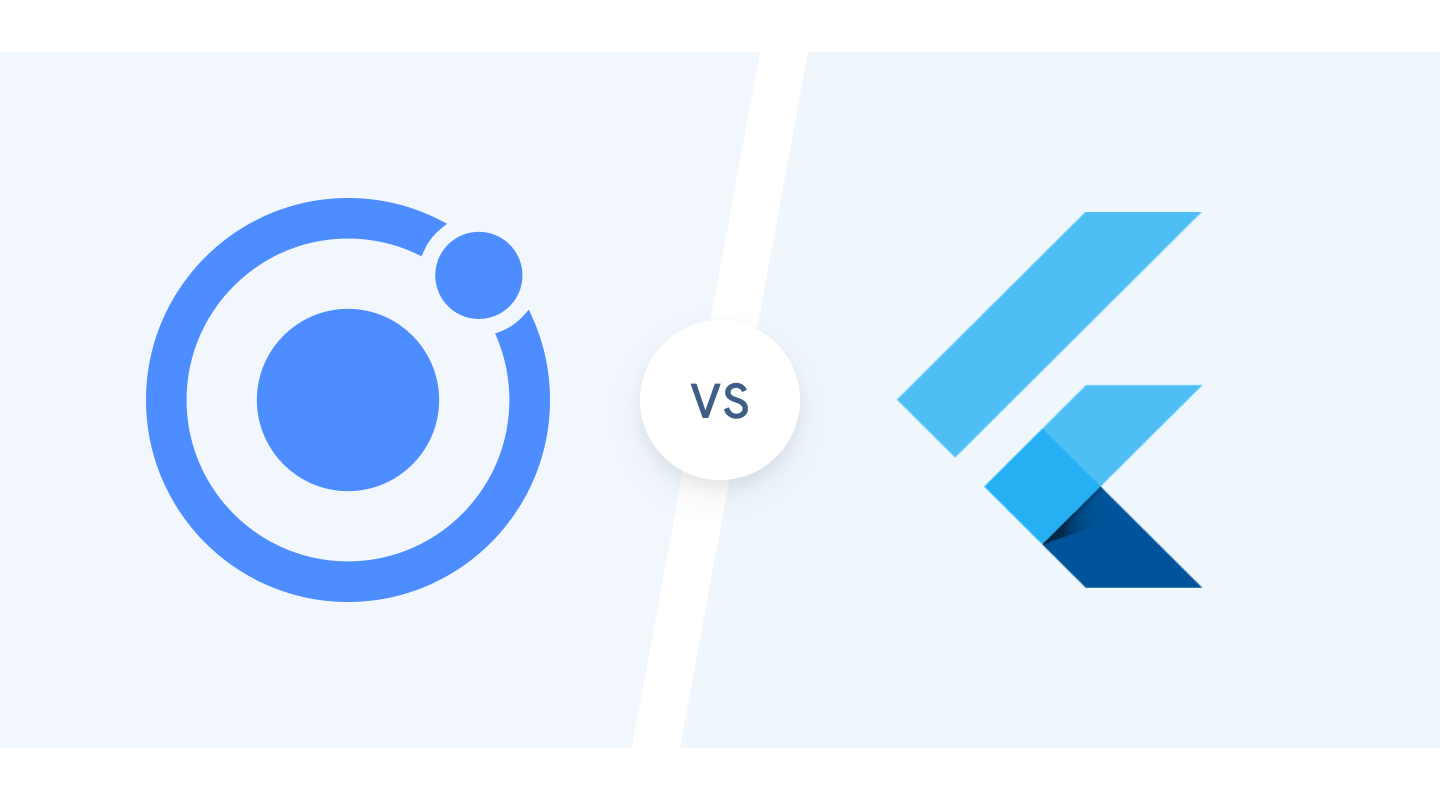A framework is a foundation through which you can develop your app. For instance, a framework may have predefined classes and works that are utilized to oversee equipment, collaborate with framework programming, and oversee equipment gadgets.
Choosing the right framework is an essential step in mobile app development due to several reasons.
A framework speeds up your development process. It has a set of codes that are reusable and are rewritten such as connecting to an API so you will not have to go through the effort of writing the code over and over again.
Frameworks can also be very convenient to use since they are free and accessible to all developers.
Since there are so many languages and codes, it can be quite tricky to cope with them and rewrite them every time. Using a framework will help you to avoid going the extra mile of rewriting the codes constantly.
Using a framework protects your application from any sort of negative consequences caused by bugs and viruses. Due to the security vulnerabilities, there is a possibility of your code breaking. However, using a framework will avoid that from happening and it will be less likely to break as well.
Frameworks also make the process of testing your application very easy!
But, firstly, let’s see which framework is the best for your application; Flutter vs Ionic!
The Ionic Framework and How it Works
Flutter is an open-source user interface framework that is free of cost. With over 50,000 Flutter apps on the Google play store, this software is made for those who choose to quickly develop their mobile application.
Previously, developers would have to go the extra mile by developing separate coding systems if they chose to develop their apps on several operating systems.
If a developer decides to develop an app, using this software, for two different operating systems such as Apple and Android, they do not need to go through the effort of composing a code for both systems individually. Instead, they can easily design just one coding system for both through flutter.
With the aim to replace JavaScript, Dart programming language is used by Flutter which was originally developed by Google.
What are the pros and cons of Flutter?
Choosing Flutter presents you with a wide range of benefits. The biggest one of them is consistency. A single codebase takes care of all sorts of problems that may come up. You can use the same code for your app anywhere whether it is through Windows, Android, or Apple!
Everything in Flutter is a widget, from text, layout, and colors, the buttons that are customizable, come with a wide variety too!
This software also documents greatly that is well-organized, assembled, and presented making it easier to retain information and allocate it efficiently.
However, there are a few cons that come along with this software. If you plan to utilize this software, these are the ones that you must be careful of! One of them is that the programming language used, Dart, has fewer writers. This means that there is a very insignificant number of people who can even teach this to new developers.
Secondly, if you want your application to follow all the Android and IOS requirements strictly, it’s a possibility that you may have to develop two different and completely separate apps. Do keep in mind that the terms and conditions of each system may vary.
Additionally, flutter is known to be a relatively younger technology because of its immediate updates. If their software constantly evolves, it can be difficult for developers to keep up with all the updates all at once.
All about the Ionic framework
The Ionic framework is utilized for building performance through its open-source UI toolkit. This framework is meant for those who want to develop a hybrid application.
This means they can combine the qualities of a native application and a web app, allowing you to download it on any sort of device.
By using Angular 1, Ionic was first developed in 2013 to help out in developing mobile applications.
Web technologies such as Sass, CSS, and HTML are used in the Ionic framework which later on can be distributed to various app stores.
The Pros and Cons of the Ionic Framework
Ionic is known for its simplicity. Research and many other developers say that the Ionic framework is actually one of the easiest to learn, which makes it great for beginners.
Another great feature Ionic is known for is its speed. The beautiful UI features allow you to build a project within a time limit as soon as possible.
Additionally, if you do not understand something in the Ionic framework, you can always reach out to the Ionic developer’s community for help and assistance.
On the other hand, Ionic does tend to be slow for hybrid apps as compared to native apps. So, if you need your hybrid app immediately, Ionic may not be the best framework to come to. Even if it is used for a heavy application that includes graphics such as video gaming it can be difficult for developers to use Ionic.
Another con is that there may be slight security problems that you may have to face in your native and web app.
The Final Debate between Flutter vs Ionic
The ionic vs flutter debate is a long one that is very important in the world of mobile development.
Hot Reload is a feature that instantaneously updates your app, the second the code is changed which avoids the whole process of constantly updating your app. This is a brilliant feature that Flutter has but Ionic does not.
In the Ionic framework, you have to go through the whole process of refreshing your app to update it which may slow down the development as a whole.
Secondly, since Flutter has native components availability, it is easier for the software to take in more heavy animations that contain visuals. Flutter has its rendering engine which Ionic does not have, which again, slows down the process or might even shut it down.
Thirdly, Flutter’s Dart language may be difficult for beginners to learn and adapt to. Since Ionic is built mainly from web technologies that 70% of developers have worked with, it is easier for them to use Ionic as JavaScript and CSS are used. Learning these web technologies, however, is always beneficial for a developer.
Lastly, Ionic has a whole community and several support options for those having difficulty with the app. Flutter is unable to match this kind of assistance that is provided by Ionic.
Flutter vs Ionic: The final verdict
If the purpose of your application is for heavy animations, Flutter is surely the perfect option as it is also very popular among developers. But, you should learn the Dart language before you start the development process.
However, if your application is simple then Ionic is ideal for you especially since web technologies are common and easy to learn from the enterprise teams and critical support.
To conclude, both apps come with their set of pros and cons, but it depends on what your application is used for.




